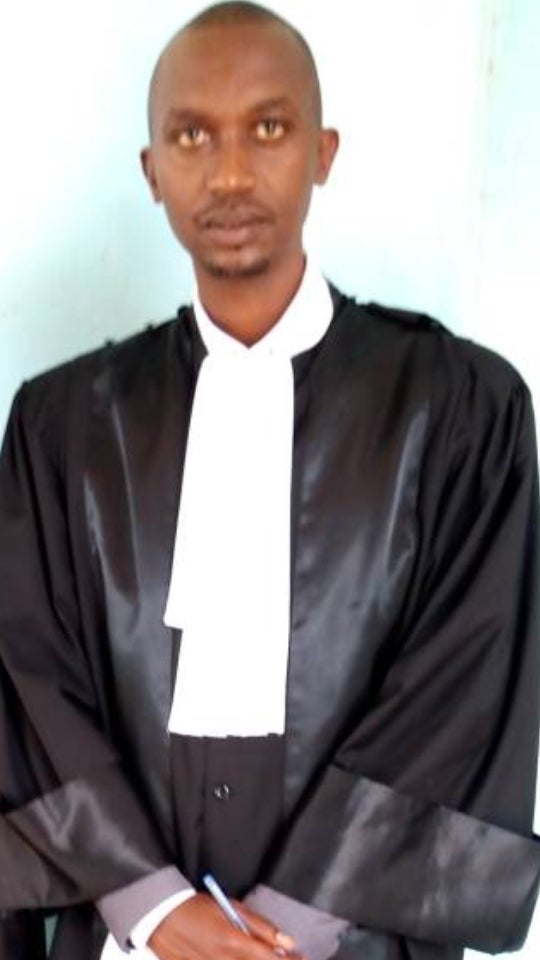Burundi: Lawyer’s Conviction a Travesty of Justice

(Nairobi) – The decision in the Court of Appeal of Ngozi to uphold the conviction and five-year prison sentence for a lawyer who had been affiliated to a human rights group in Burundi was a travesty of justice, Human Rights Watch and five other international human rights groups said today.
The following is their statement: Shocking Decision as Appeal Court Upholds Conviction of Lawyer Tony Germain Nkina Six international human rights groups – Amnesty International, the Burundi Human Rights Initiative, DefendDefenders (East and Horn of Africa Human Rights Defenders Project), Human Rights Watch, Protection International Africa and TRIAL International – condemned the decision of the Court of Appeal of Ngozi on 29 September to uphold the conviction and five-year prison sentence of Burundian lawyer Tony Germain Nkina following an unfair trial. “Tony Germain Nkina’s trial was a travesty of justice,” said Lewis Mudge, Central Africa director at Human Rights Watch. “The decision by the Court of Appeal to keep him in prison, despite all the evidence about the unfairness of the trial, makes a mockery of the Burundian justice system.” The groups believe that Nkina, a lawyer in Kayanza province, was arrested and convicted because of his former affiliation with the Association for the Protection of Human Rights and Detained Persons (Association pour la protection des droits humains et des personnes détenues, APRODH), a leading human rights group in Burundi until 2015. Nkina was APRODH’s representative in Kayanza until the government suspended the organization in 2015 as part of a crackdown on independent civil society. He has not worked for APRODH or any other Burundian civil society organization for the past six years. Nkina was arrested on 13 October 2020 in Kabarore commune, where he was visiting a client for his professional work as a lawyer. In June 2021, a court in Kayanza found him guilty of collaboration with armed groups – a common accusation against perceived opponents and critics in Burundi – and sentenced him to five years in prison. His client, Apollinaire Hitimana, whom he had been advising on a land dispute, was found guilty of complicity in the same offence and sentenced to two and a half years in prison.
The Court of Appeal also confirmed Hitimana’s conviction and sentence.
The hearing at the Court of Appeal of Ngozi, initially scheduled for 12 August, was postponed twice and finally held on 20 September.
The prosecution failed to produce any credible evidence against Nkina and no prosecution witnesses appeared in court. Nkina and his lawyers were able to show that he had visited Kabarore for legitimate professional reasons. Nevertheless, the court upheld the conviction, quickly issuing its verdict. “Nkina’s conviction is another stain on Burundi’s human rights record at a time when the government is trying to improve its public image,” said Deprose Muchena, director for East and Southern Africa at Amnesty International. “If the Burundian authorities want to convince domestic and international audiences that the country’s justice system is credible, they should drop all charges against Nkina and release him immediately.” As dialogue between the European Union (EU) and Burundi progresses, edging towards a possible resumption of cooperation, the EU and its member states should make clear to President Évariste Ndayishimiye that his promises to respect human rights and reform the justice system cannot be taken seriously while Nkina remains in prison solely because of his past human rights activities.
The targeting of Nkina and his conviction and sentencing after an unfair trial are emblematic of the wider human rights situation in Burundi, where the space for civil society and the media remains highly restricted, the groups said. Other governments, as well as United Nations representatives and bodies, the African Union and other international entities, should also publicly denounce Nkina’s conviction and press for his immediate release.
Read the full article at the original website
References:
